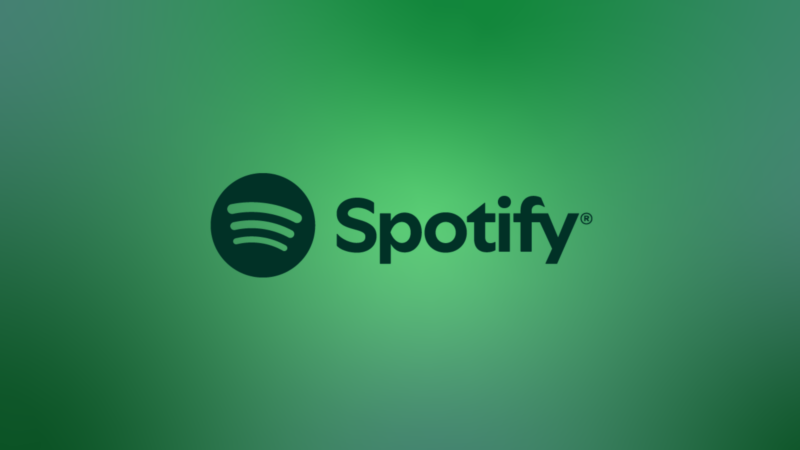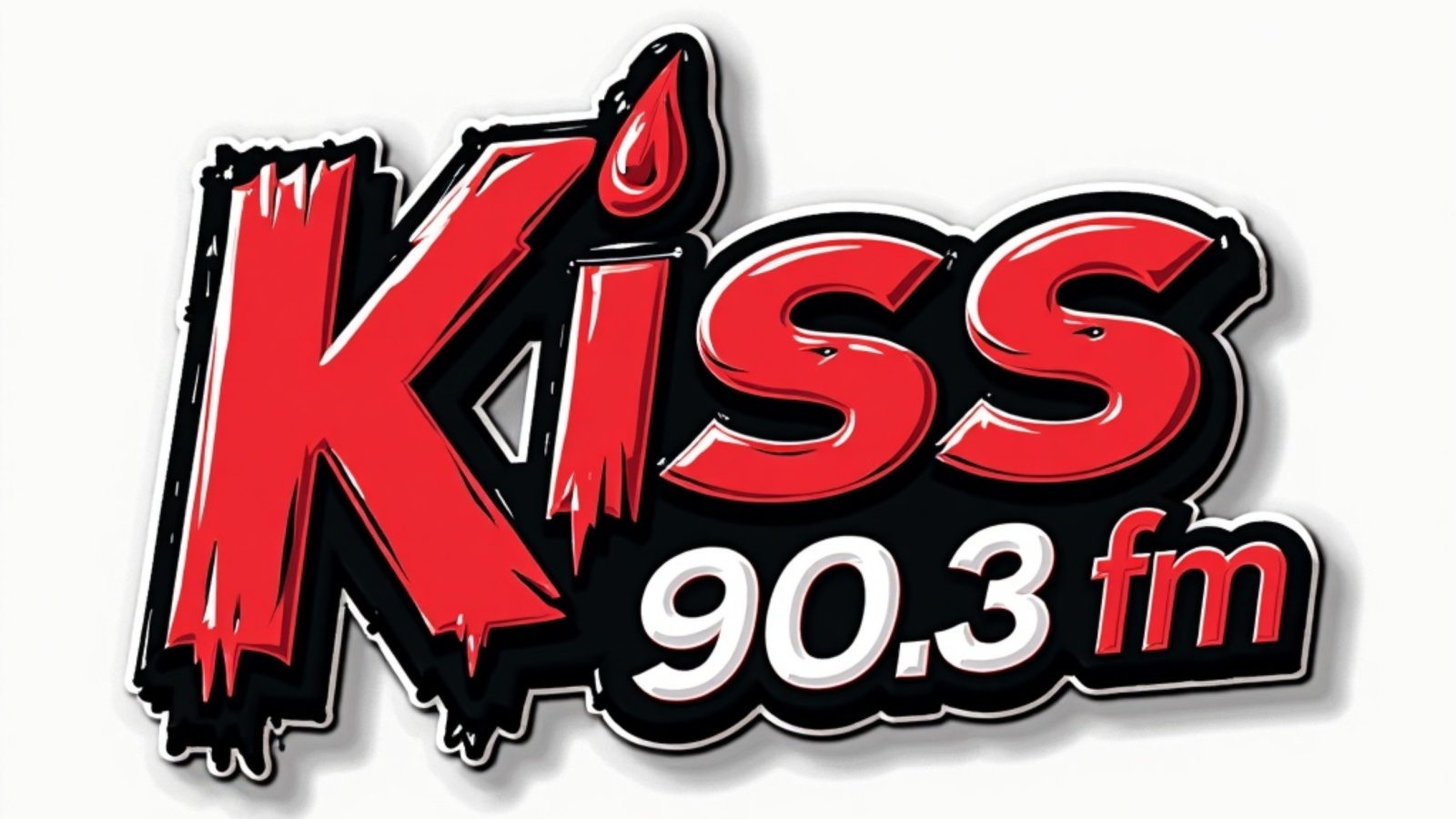
Spotify founder Daniel Ek, the Swedish entrepreneur who turned an impossible idea into the world’s largest music streaming service, will step aside as CEO in January 2026 and transition into the role of Executive Chairman. After nearly two decades as the company’s public face, Ek will reframe his position as a long-arc strategist rather than a day-to-day operator. The move does not signal an exit but a reorientation, according to a company press release. Ek will shift from player to coach, keeping his hand on the company’s strategy while allowing two of his closest deputies, Chief Product and Technology Officer Gustav Söderström and Chief Business Officer Alex Norström, to step up as co-CEOs.
This transition formalizes a leadership model Spotify has been running informally since 2023, when Söderström and Norström began steering much of the company’s day-to-day operations. Beginning January 1st, the pair will take on CEO titles and join Spotify’s board, while Ek leans further into capital allocation, investing, and strategy.
Söderström, the company’s chief technologist, positions himself as the voice of innovation, betting on artificial intelligence to reshape how listeners discover, consume, and interact with music. Norström, the business strategist, focuses on global expansion, targeting under-penetrated markets across Africa and Asia where Spotify sees its next wave of growth. Together, they inherit control of a company valued at nearly $150 billion and serving 700 million users worldwide, per Forbes.
“We have now hit 3% of the world’s population subscribing to Spotify,” Norström said. “It’s not so unimaginable to think that we could have 10%, 15% of the world’s population subscribing to Spotify.”
Ek, meanwhile, emphasizes continuity. “This is simply my next mission,” he told employees in a company-wide note. “My title changes—but my commitment and belief in what we’re building does not.”
In corporate terms, Ek’s step to Executive Chairman resembles a European model more than a U.S. one. He will remain deeply hands-on—guiding strategy, lobbying regulators, and making capital allocation decisions—while allowing Söderström and Norström to run execution. In practice, it looks less like an exit and more like a player moving into a coaching role, still on the sidelines, still calling plays, but no longer the one sprinting down the field.
For Spotify’s board, that balance represents continuity. “Daniel gives us founder-led strategic stewardship and mentorship,” says Lead Independent Director Woody Marshall. “We have tremendous confidence in Alex and Gustav.”
Spotify is not just another music service; it is the center of gravity for today’s music industry. According to the same Forbes piece, Spotify pays out 70% of its revenue to musicians and right holders, which in 2024 totaled $10 billion in payouts. Following a year when the company finally turned its first full-year profit, it also towers over rivals Apple Music, Amazon, and YouTube in market share.
That success did not arrive quietly. For over a decade, artists have raised alarms about Spotify’s royalty system, calling it unsustainable for smaller acts. As streaming revenue has replaced CD sales and digital downloads, musicians increasingly see Spotify as both a lifeline and a gatekeeper. The company insists it fuels a healthier industry; global recording revenues came in just shy of $30 billion in 2024, more than double the early 2010s low point when piracy gutted sales, according to IFPI’s Global Music Report. But many artists argue the money flows unevenly, concentrating at the top.
While the company has long been a lightning rod in the industry, Ek’s recent personal investments intensified criticism. Through his venture firm Prima Materia, he led a nearly $700 million funding round for Helsing, a German defense technology startup developing AI-powered software, drones, and submarines. Helsing’s systems, already deployed in Ukraine, place Ek at the center of a battlefield far removed from Spotify’s cultural mission, a link many artists argue should never exist.
The response has been swift. Independent acts, including King Gizzard & The Lizard Wizard, Godspeed You! Black Emperor, Deerhoof, and Xiu Xiu removed their catalogs in protest, many citing discomfort with Spotify’s role in indirectly fueling weapons development. By September 2025, Massive Attack became the first major-label band to withdraw, amplifying debate over whether a cultural platform can—or should—coexist with defense technology.
As he has done historically, Ek did not retreat from the controversy. Instead, he framed Helsing and other Prima Materia projects as essential to Europe’s security and long-term resilience. “When I invested in Helsing, it was something the VC world couldn’t do or didn’t want to do,” he said. “But for me, it was really important to help protect Europe.”
Prima Materia has become his sandbox for moonshot projects. Alongside Helsing, the firm backs Neko, a health-tech startup developing devices to quickly detect skin cancer and heart disease, already valued at nearly $2 billion. Ek insists Spotify is only one of several “supercompanies” he intends to build or support, platforms designed to tackle problems too large or too unconventional for traditional venture capital. “Solving problems is my life’s hobby,” he said. “And there’s plenty of problems to focus on.”
Inside Spotify, employees hear continuity, not disruption, with the repositioning at the top. Outside Spotify, however, the symbolism matters: the company’s iconic founder stepping aside at the exact moment when questions of ethics, artist compensation, and global growth boil to the surface.
For listeners, little changes on January 1st. The app remains the same, the playlists keep rolling, and the Discover Weekly algorithm still feeds new songs every Monday. But behind the curtain, Spotify’s future looks set for both expansion and turbulence. Söderström’s AI experiments promise a listening environment that feels predictive, adaptive, and immersive, something closer to a living interface than a static catalog. Norström’s ambitions in Africa and Asia suggest a wave of new artists and sounds reaching global ears, reshaping what “mainstream” even means.
For artists, the shift feels more uncertain. Will new leadership soften Spotify’s stance on royalties or strengthen it? Will the backlash over Ek’s defense investments grow louder or fade? And will AI-driven discovery open new doors for emerging artists, or simply reinforce the dominance of the top 1%?
